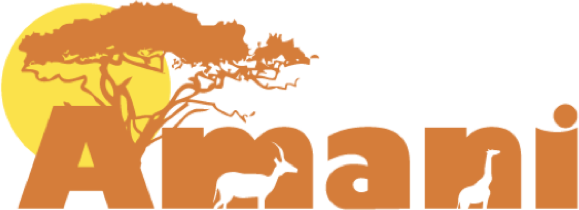Now that it is officially after Thanksgiving, I can finally
talk about the holiday season. Now, if you’re anything like me the next few
weeks you will ever-so-often think about what to get family members for gifts. And,
if you’re even more like me (might not be the best thing), then you get tired
of the commercialization of the holiday season. So how can we combine these two
seemingly opposing thoughts. Buy our family gifts but also combat unfair
commmercializaiton. Well, here are some ideas and they all revolve around Fair
Trade:
Amani Fair Trade Cart:
We sell awesome products from all over the world from coffee
to apparel to earings. All great ideas for your family! You can stop by our
cart on the first floor of Gabelli or you can also stop by the holiday fair on
the second floor of McGinley from 1-6pm on December 2.
It’s a law of the universe that basically every coffee
drinker owns a Keurig and if they don’t then they will most likely be asking
for one from Santa this year. Well, that Keurig won’t fill itself with coffee,
now will it? So why not fill it with something that will make you feel just as
good as it tastes. Keurig offers plenty of Fair Trade coffee options.
According to economic theory, consumers should have as much
power in the market as the suppliers. So let’s use that power for once instead
of folding to suppliers’ demands. Try supporting companies that support their
workers.
Just last week, H&M CEO Karl Johan Perrson was honored at the 5ht annual
Fairness Awards put on by the Global Fairness Initiative. Why such an honor for
a clothing retailer in an industry known for child labor? Well, the Washington
Post ran an article on the retailer and I would quote the whole thing if I could
but that might come under the rule of plagiarism. So instead, check out this
link.
And, if for some reason you’re too lazy or “busy” to read an interesting
article here’s a summary.
Basically, H&M is using recycled fabric now in a bunch of its clothing and
also starting to sue several factories that pay their laborers a fair wage. Now,
while you may think these higher wages mean more expensive Christmas presents
for you and your family, you’d be wrong. H&M is absorbing the added cost in
order to keep prices competitive.
Bottom line: Support H&M since they support their workers. Use your
consumer power to have a say in employer ethics.
Use the Internet
Hello!! It’s the 21
st century. There’s no need to drive around
the parking lot 10 times at a mall just to find and open spot. You don’t have
to be shoulder checked every 15 feet walking in the crowds. Hell, you don’t
even need to be fully dressed. Check out these awesome site I found just
browsing online:
I saw some really neat home goods that any mother
would love. Also, great idea if you’re going home to meet the boy/girlfriend’s
parents for the first time. Show them you have good taste and social
responsibility.
Fair
Trade Judaica promotes fair trade as a Jewish value through educating the
Jewish community, and expanding the production, distribution, and sale of fair
trade Judaica products.
More awesome home goods
After perusing through this site, I’ve already picked
out a few items I’m going to get for my family. What amazing products!







